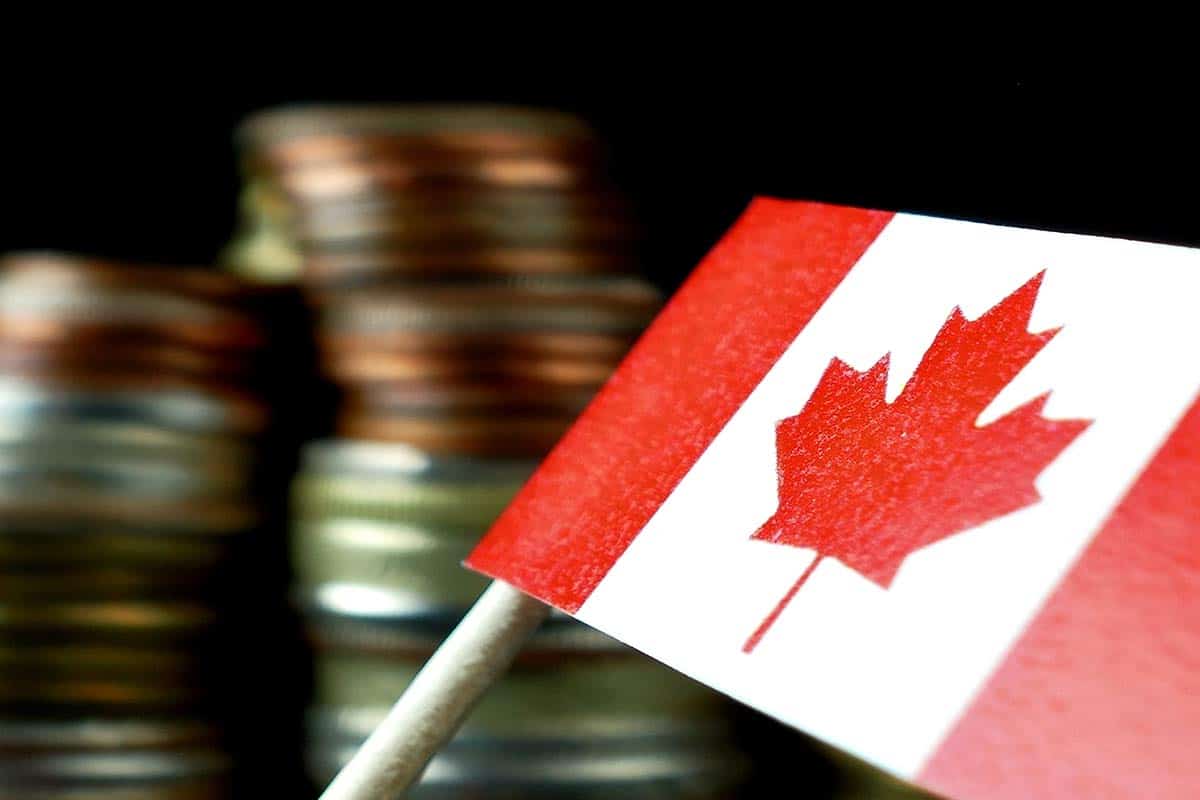COVID affects your credit score clearly if you depend on it during the pandemic without a job. The majority of Canada is in phase three of the reopening of the economy in the midst of COVID-19 (coronavirus). With large parts of the economy opening up, we’re getting back to normal. That being said, there are still parts of the economy that aren’t anywhere near full capacity. Examples of those include airline travel, restaurants and gyms to name a few.
In this article, we’re going to look at how Covid affects your credit score and things you can do to improve your credit score.
Credit Card Companies are Reducing Credit Limits
The Coronavirus pandemic has affected the personal finances of Canadians in different ways. Some Canadians have seen their wages frozen and their bonuses cancelled. Others have seen a temporary or permanent wage reduction, while others have unfortunately been furloughed or permanently laid off.
Because of all the uncertainty with the economy, credit card companies want to reduce their consumer credit risk. Credit card companies are mainly doing this by lowering borrowers’ credit limits. This is in case we get a second wave of coronavirus and the job situation gets worse.
Your credit card company may let you know before it decreases your credit limit, but it doesn’t have to. Your credit card company could lower your credit limit without even informing you ahead of time. This could negatively impact your credit file.
It’s a good idea to get in the habit of regularly reviewing your credit. If you haven’t reviewed your credit history in a while, there’s no better time than the present. Find out if your credit limit has been lowered and if it has affected your credit score. You can then take the necessary steps to repair it.
Why Could a Lower Credit Limit Negatively Impact Your Credit Score?
A lower credit limit means you have to be more careful with your spending, but it can also affect your budget for major purchases like a home or vehicle.
Besides your payment history, the second most important factor when it comes to credit scores is your credit utilization ratio. Your credit utilization ratio is just a fancy way of saying how much available credit you have on revolving credit accounts, such as credit cards and lines of credit. Your credit utilization accounts for 30 percent of your credit score.
The two major credit bureaus in Canada, Equifax and TransUnion, reward people who borrow less than their credit limit. You can protect your credit by ensuring that your credit card balances never go higher than 50% of your credit limit at any point in the month. For example, if your credit card limit is $10,000, that means that your balance shouldn’t go higher than $5,000 at any one point, otherwise it can start to drag down your credit score. To be on the safe side, it’s better to never go higher than 30% of your limit.
However, when your credit card company cuts your credit limit, the outstanding balance on your credit card suddenly becomes a lot higher percent of your available credit. Your credit utilization ratio goes up, which hurts your credit score.
If you’re worried about this occurring and you want to minimize the impact, you can sign up for a free credit monitoring service. Besides checking your credit reports for free, these services let you know if your credit score drops for any reason, such as your credit limit dropping or if you’re a victim of identity theft. Monitor your credit for various safety measures.
What Can You Do to Improve Your Credit Score?
If your credit score has been negatively impacted due to a decrease in your credit limit on your credit cards, there’s no need to panic. Here are a couple of things you can do right now to improve and restore your credit score.
Paying Your Bills on Time
The most important thing you can do is to continue to make all your credit payments on time. This includes credit cards, car loans, student loans and mortgage payments. As previously mentioned, payment history is the most important factor when it comes to your credit score.
Late payments are reported to the credit bureaus. One late payment can drag down your credit score.
Now I get it. Your cash flow may be tight due to COVID. If you can’t afford to make your full payment, whatever you do, don’t skip making the payment. Aim to at least make the minimum payment. Many credit cards have very affordable minimum payments. Although you’ll incur interest, by at least making the minimum payment you can avoid a blemish of a late payment appearing on your credit bureau for the years to come.
Consider a Balance Transfer
If you have more than one credit card like most Canadians and your credit limit has been slashed, you might consider a payment arrangement. One popular payment arrangement is a credit card balance transfer.
A credit card balance transfer is when you transfer the balance from one credit card (or multiple credit cards) to another. You can do this for several reasons. Usually, the main reason is to save on interest. Oftentimes credit cards will offer a lower promotional introductory rate when signing up for a new credit card and transfer the balances from the other credit cards.
If you can find a credit card offering a zero percent balance transfer and you can lower your credit utilization by shifting the outstanding balances from credit cards where your credit limit has been lowered to a new credit card where you’re below 50 percent of your credit limit, you can save on interest and improve your credit score at the same time. Not bad!









